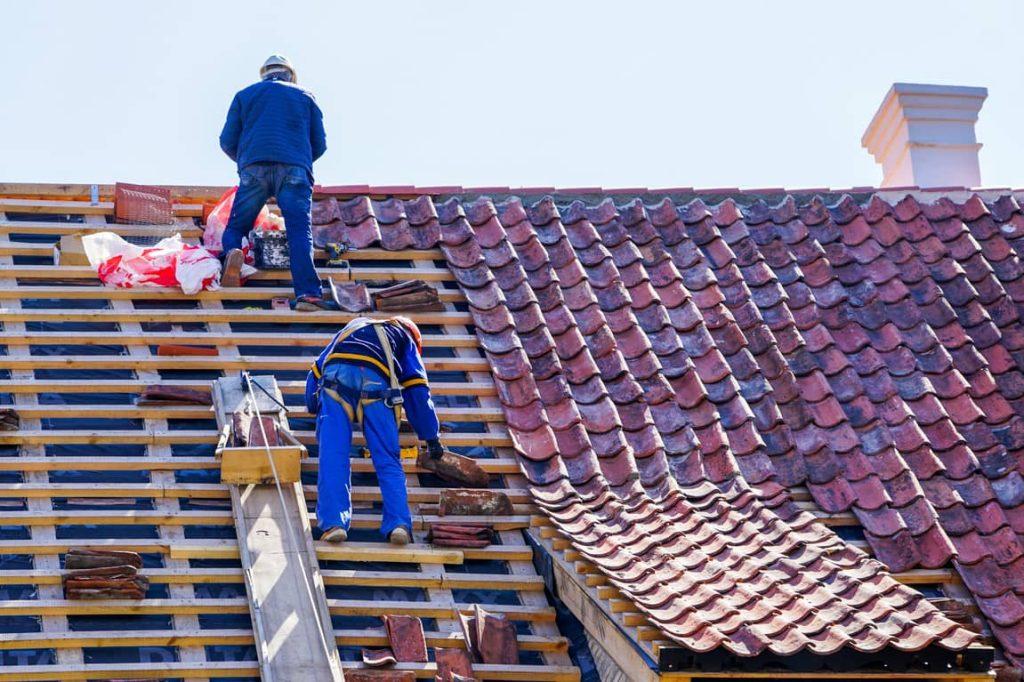Roof replacement is a significant home improvement project that many homeowners undertake to ensure the integrity and safety of their properties. However, before embarking on this endeavor, it’s crucial to understand whether a permit is required for such work. Permit regulations can vary depending on your location and the extent of the roof replacement. In this article, we will explore the question, “Do I need a permit for roof replacement?” and provide insights into the regulations and requirements homeowners should be aware of before starting their roofing project.

The Importance of Permits in Roof Replacement Projects
A roof replacement involves more than just swapping old shingles for new ones. It is a construction project that impacts the structural integrity and safety of your home. Permits are essential as they ensure that the work is carried out according to local building codes and regulations. These codes are designed to safeguard the well-being of occupants and the community at large. By obtaining the necessary permits, you also ensure that your insurance coverage remains valid, protecting you financially in case of any unforeseen issues arising from the roof replacement.
Understanding Permit Requirements by Location
One of the primary factors that determine whether you need a permit for roof replacement is your location. Building codes and permit requirements are set by local municipalities, counties, or states. Therefore, it’s essential to contact your local building department or visit their website to determine the specific permit requirements for your area. Some locations may have strict regulations that require permits for any roofing work, while others may have exemptions for minor repairs or specific types of roofing materials. Being informed about the local rules will help you avoid potential fines and legal complications.
When a Permit is Typically Required
In most cases, a permit for roof replacement is required if the project involves a complete replacement or major alterations to the roofing structure. Full roof replacements, especially if they involve structural changes, almost always require a permit. Additionally, if you are changing the roofing material or the roof’s design significantly, a permit is likely necessary. On the other hand, minor repairs or patching up small sections of the roof may not always require a permit. However, keep in mind that the threshold for what constitutes a “minor repair” can vary between jurisdictions, so it’s best to verify with your local building department.
Benefits of Obtaining a Permit
Getting a permit for roof replacement, even if not mandated, is wise. It guarantees licensed professionals follow building codes and safety standards. This reduces the risk of subpar workmanship that could lead to future issues. Secondly, a roof replacement permit enhances property value and credibility when selling in the future. Potential buyers will appreciate the assurance that the work was done in compliance with regulations.
Consequences of Ignoring Permit Requirements
Neglecting to obtain a permit for a required roof replacement can lead to significant consequences. Building authorities conduct inspections regularly. Unpermitted construction may result in stop-work orders, fines, and even roof work reversal, causing extra costs and delays. Additionally, unpermitted roof replacement can void insurance coverage, leaving you liable for future damages or injuries.
Conclusion:
In conclusion, the question of whether you need a permit for roof replacement depends on your location and the scope of the project. It is essential to research and understand the permit requirements set by your local building department to ensure compliance with regulations. Permits may increase upfront costs and paperwork but offer long-term protection for you, your property, and future occupants. When unsure, consult roofing professionals and local authorities for guidance, ensuring a smooth project.



Leave a Reply